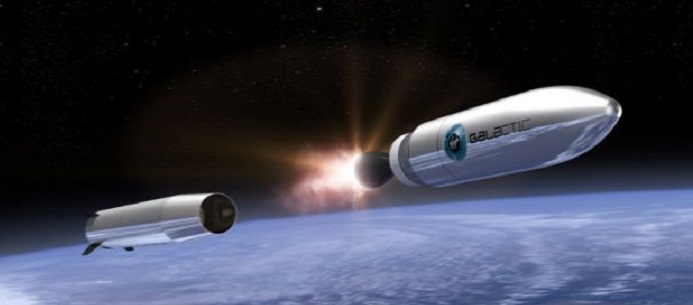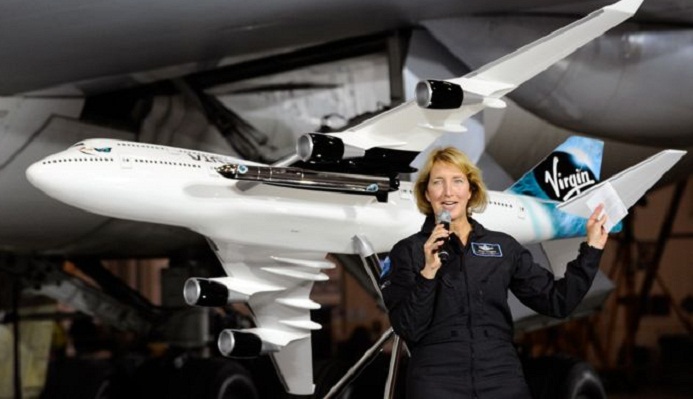
Virgin Galactic is saying the switch to the 747 is because the plane is more suited for both LauncherOne’s payload capacity and its flight frequency, and that using it would free up WhiteKnightTwo to be used exclusively for space missions. But the future of WhiteKnightTwo is a little shaky — the 747 is replacing WhiteKnightTwo just about a year after SpaceShipTwo (released from a WhiteKnightTwo) suffered a catastrophic failure that resulted in the death of a test pilot. The switch could also be a matter of price; the Boeing 747 is likely much cheaper to maintain and operate.
Either way, Virgin does already have at least one significant order on the books for LauncherOne, even though the rocket (and its factory) is still being built. Earlier this year, Branson announced a deal with OneWeb, one of a number of companies (SpaceX included) that is trying to create a space-based internet. The launches of OneWeb`s 648 satellites could begin as early as 2017.
More about:
















































